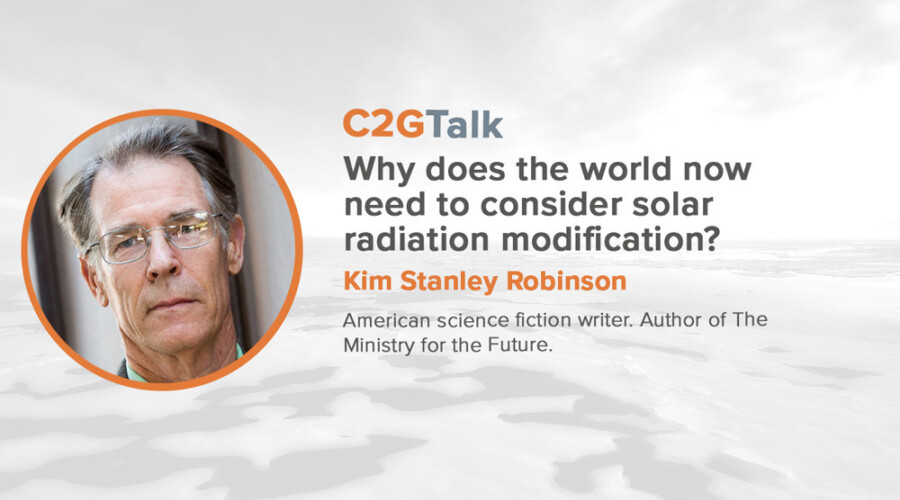With the 17th annual global climate change talks foundering in Durban, little hope is left for a worldwide initiative designed to combat global warming. Will local efforts be enough or does this latest setback truly doom a future of sustainability and worldwide cooperation?
Global climate change talks took a blow recently. On December 12, Canadian officials announced plans to abandon the Kyoto Protocol, which is the world's only legally binding agreement to tackle global warming.
This decision came on the heels of the 17th annual global climate change talks, held in Durban, South Africa. Haven't heard of them? You're not alone.
Unlike Kyoto or Copenhagen, the latest round of global climate change talks received little buzz in the mainstream press. And for good reason: they accomplished next to nothing.
Hopes that Durban would produce a successor to Kyoto foundered. Instead, Durban signatories pledged only to work towards a new global treaty.
The very desirability of such a treaty lies in question. Across the globe, countries are taking independent approaches to tackle global warming. Ninety countries have already introduced plans to cut carbon emissions, leading some to conclude that the future for environmental activism is domestic, not global.
Indeed, critics argue that Durban's failure is just the most recent in a long line of failed global initiatives. Instead of wasting time developing faulty "Road Maps," they say, activists should lobby their governments to implement best practices on national and local levels.
In contrast, advocates say global problems require global solutions. Left to their own devices, many states do too little to address climate change. Though local efforts are admirable, they do not excuse the international community from undertaking joint action.
As the world grapples with the aftermath of Durban, what is your take-away?
Are global initiatives a thing of the past? Or, are they our only hope for future
sustainability?
Photo Credits in order of Appearance:
Ron
Foreman
UNclimatechange
[also for picture 4]
Mark
Garten/UN Photo
Sean
Ellis
Patrick
Gruban
paolaharvey
High
Contrast
Rytc


